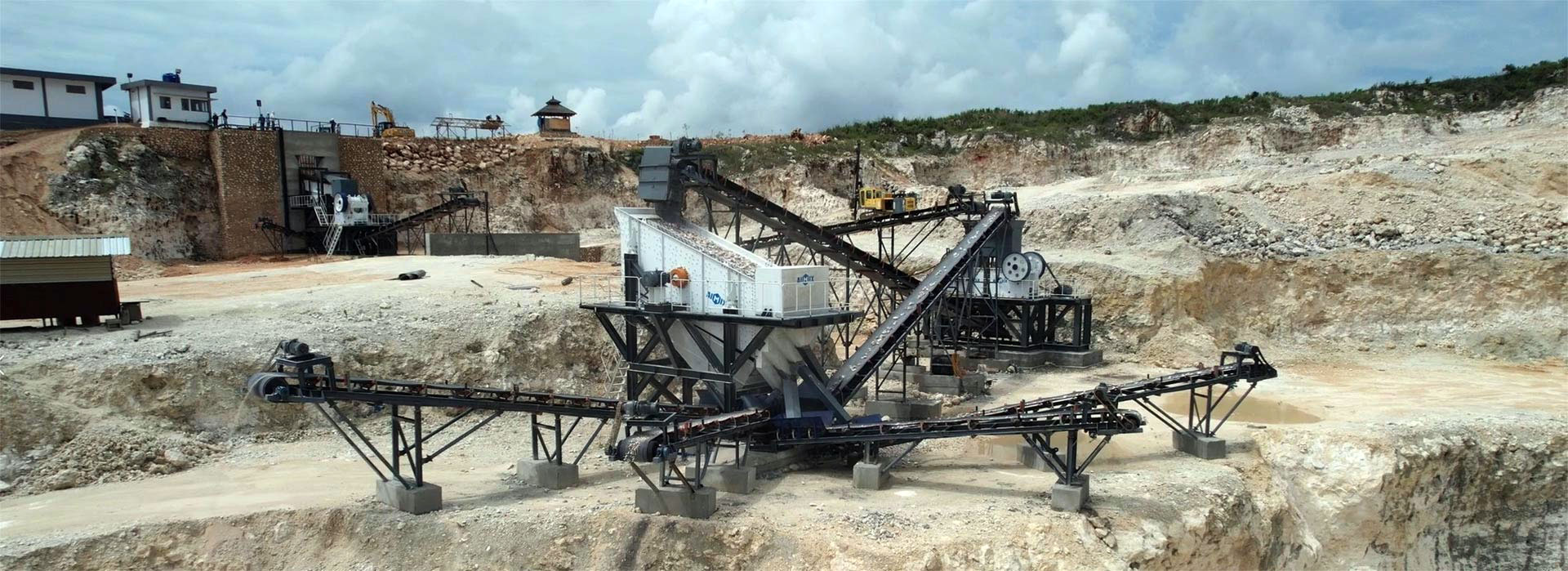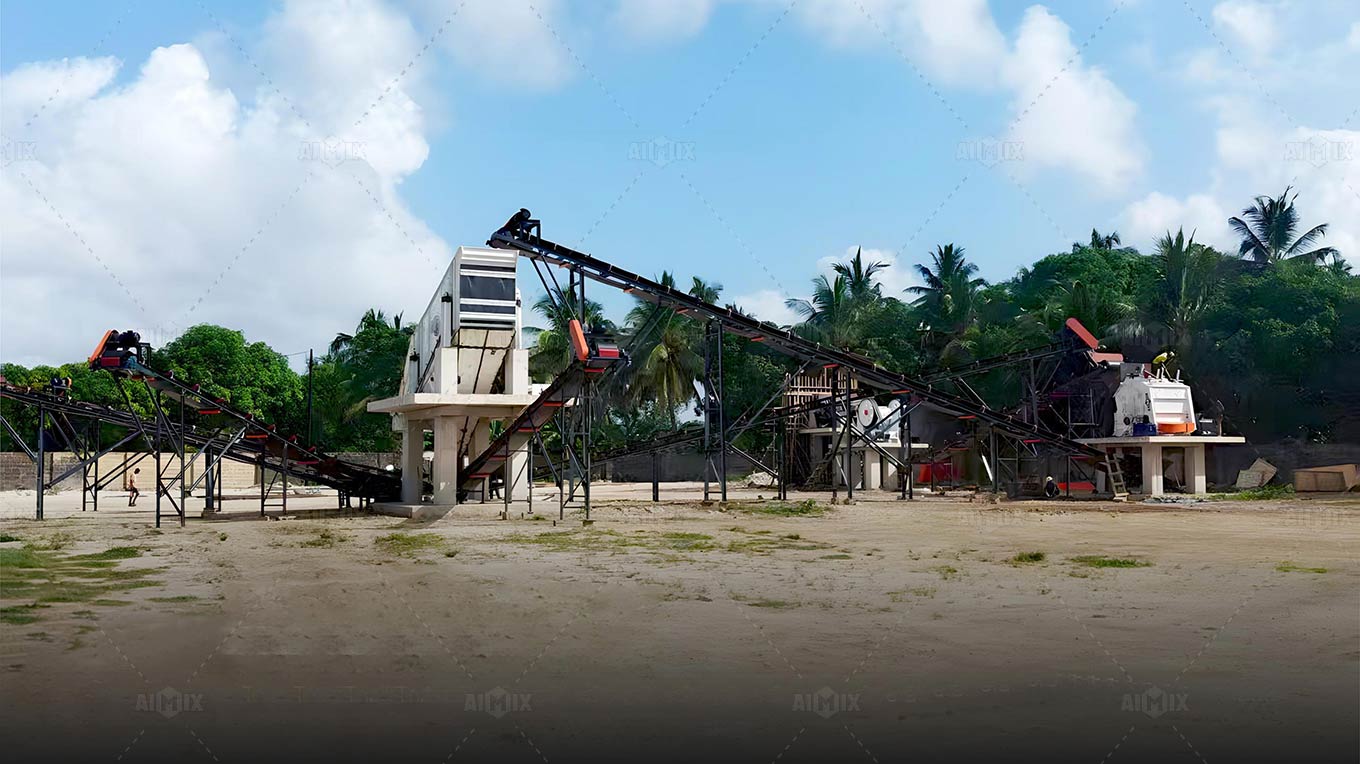Embarking on the journey of establishing or expanding a crushing business is an endeavor filled with both promise and complex financial considerations. The cornerstone of this venture, the stone crusher plant itself, represents a significant capital investment that can dictate the trajectory of your operational success. Many entrepreneurs find themselves initially captivated by the sticker price, but this single figure is merely the tip of the proverbial iceberg.
A truly effective budget must account for the total cost of ownership, a comprehensive concept that encompasses the machine’s entire lifecycle from acquisition to decommissioning. Understanding how to navigate the multifaceted landscape of stone crusher prices requires a shift in perspective—from seeing a mere expense to evaluating a long-term partner in productivity. This involves a meticulous dissection of initial costs, operational expenditures, and the often-overlooked financial implications of reliability and support.

Deconstructing the Initial Purchase Price
The initial outlay for a stone crusher is more than a single number; it is an amalgamation of several cost components. A clear understanding of this breakdown is the first step toward prudent financial planning.
Machine Type and Configuration
The fundamental choice between crusher types carries profound cost implications. A stationary plant, designed for long-term, high-volume production at a fixed site, requires a substantial initial investment and significant spending on foundational work. In contrast, mobile crushers—whether track-mounted or wheeled—offer unparalleled flexibility and lower setup costs, but often command a higher purchase price per unit of capacity due to their integrated mobility systems. Your specific operational model, project duration, and need for site-to-site translocation will heavily influence which configuration delivers superior financial sense.
Capacity and Technological Tier
It is a simple equation: higher production capacity generally equates to a higher stone crusher plant price tag. However, the relationship is not always linear. A crusher with advanced features like automated setting regulation, sophisticated wear part monitoring, and intelligent control systems will cost more than a basic, manually operated model. The crucial question is one of return on investment. These technological enhancements are not frivolous extras; they are instrumental in boosting output consistency, reducing material waste, and minimizing unplanned downtime. Investing in a marginally more expensive, technologically adept machine can yield a significantly faster payback period through enhanced operational uptime and product quality.

Planning for the Operational Lifecycle
Once the crusher is on your site, a new chapter of costs begins. A budget that only accounts for the purchase is a recipe for financial strain. A forward-thinking strategy anticipates the ongoing expenses that define daily operation.
Wear Parts and Regular Maintenance
The relentless abrasion of processing stone makes wear parts a recurring and predictable cost. Items like jaw plates, concaves, and blow bars are consumables. When budgeting, it is essential to research the cost, expected lifespan, and availability of these critical components for your chosen model. Furthermore, establish a clear picture of the recommended maintenance schedule. A regimen that requires frequent, complex servicing will accrue higher labor and parts costs over time compared to a machine designed for ease of maintenance and extended service intervals.
Fuel and Power Consumption
The energy required to power a stone crusher is one of its most substantial operational expenses. A fuel-guzzling diesel engine or an inefficient electric drive system becomes a constant drain on profitability. Modern mobile crushers often incorporate energy-saving technologies, such as hydraulic systems that operate on demand and direct drive systems that minimize power loss. Prioritizing operational efficiency during the selection process is a direct investment in long-term cost containment. The savings accumulated from reduced fuel or electricity consumption over thousands of operating hours can be staggering.
Incorporating Intangible Costs and Value
The most astute budgeting incorporates factors that do not appear on a standard invoice but have a profound impact on the bottom line. These are the elements that separate a mere cost from a genuine value.
After-Sales Support and Parts Availability
The initial price of a crusher can be rendered meaningless if the manufacturer’s support network is inadequate. A breakdown without access to prompt technical support or readily available genuine spare parts can halt your entire operation, incurring massive losses in lost production and missed deadlines. A crusher machine supplier with a proven track record of excellent after-sales service, comprehensive warranty terms, and a robust parts distribution network provides an invaluable insurance policy. This support structure is a critical component of your asset’s value and must be factored into the purchasing decision.
Resale Value and Brand Reputation
A stone crusher is a capital asset, and its potential resale value is a legitimate financial consideration. Equipment from renowned manufacturers with a reputation for durability and reliability consistently holds its value better in the used equipment market. This higher residual value effectively reduces the net cost of ownership over the life of the machine. Investing in a reputable brand is not just about prestige; it is a strategic financial decision that preserves your capital and provides an exit strategy for future equipment upgrades.
